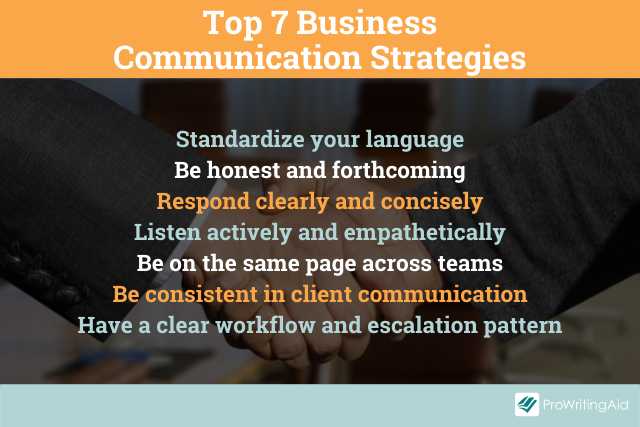Handling difficult conversations can be challenging, but with the right approach, you can navigate these talks with confidence. Whether you’re discussing sensitive topics at work or addressing personal issues, here’s a detailed guide to help you manage these conversations effectively.

1. Prepare Yourself
Understand the Topic: Before the conversation, clearly define what you need to discuss. Make a list of key points and potential outcomes. Preparation helps you stay focused and confident.
Anticipate Reactions: Think about how the other person might respond. Preparing for different scenarios helps you remain composed and ready to handle various reactions.
Practice Your Points: Rehearse what you plan to say. Practice can help you express your thoughts clearly and reduce nervousness.
2. Choose the Right Setting
Find a Private Space: Select a quiet and private location for the conversation. Privacy helps both parties feel more comfortable and prevents interruptions.
Timing Matters: Pick a time when both you and the other person are calm and not rushed. Avoid starting difficult conversations during stressful or busy times.
3. Stay Calm and Composed
Manage Your Emotions: Before the conversation, take deep breaths and stay calm. If you feel yourself getting emotional, pause and collect your thoughts.
Control Your Tone: Speak in a steady, calm voice. Avoid raising your voice or showing frustration. A calm tone helps maintain a respectful and constructive dialogue.
4. Be Direct but Empathetic
Be Clear and Concise: Start with your main point and be straightforward. Clear communication helps avoid misunderstandings and keeps the conversation focused.
Show Empathy: Acknowledge the other person’s feelings and viewpoints. Use phrases like “I understand this might be tough” to show empathy and build rapport.
5. Listen Actively
Give Full Attention: Allow the other person to speak without interruptions. Listening actively shows respect and helps you understand their perspective better.
Reflect and Clarify: Repeat back what you’ve heard to confirm understanding. This helps prevent miscommunication and shows that you are engaged in the conversation.
6. Focus on Solutions
Seek to Resolve the Issue: Once the problem is clear, shift the conversation towards finding a solution. Ask questions like “What can we do to fix this?” to move towards resolution.
Collaborate on Solutions: Work together to find a solution that works for both parties. Being open to compromise and considering the other person’s suggestions can lead to a positive outcome.
7. Maintain Professionalism
Avoid Blame: Focus on the issue at hand rather than assigning blame. Use “I” statements (e.g., “I feel concerned when…”) to express your viewpoint without sounding accusatory.
Stay Respectful: Even if the conversation becomes tense, keep your tone respectful. Avoid getting defensive or confrontational, and aim to de-escalate any rising tensions.
8. Know When to End the Conversation
Recognize When to Pause: If the conversation gets too heated or unproductive, suggest taking a break. A pause can give both parties time to cool down and approach the issue with a clearer mindset.
Summarize and Agree on Next Steps: Before ending, recap what was discussed and outline the next steps. Clear agreements help ensure both parties understand what to expect moving forward.
9. Reflect and Follow Up
Evaluate the Conversation: After the conversation, reflect on how it went. Consider what worked well and what could be improved for future conversations.
Follow Up: If necessary, follow up on any actions or agreements made during the conversation. This demonstrates commitment and helps build trust.
10. Build Confidence Over Time
Learn from Experience: Handling difficult conversations improves with practice. Reflect on each experience to build your skills and confidence.
Seek Feedback: If appropriate, ask for feedback from trusted colleagues or mentors. Their insights can provide valuable tips for handling similar situations in the future.
By preparing thoroughly, staying calm, and focusing on constructive solutions, you can handle difficult conversations with greater confidence and effectiveness.




